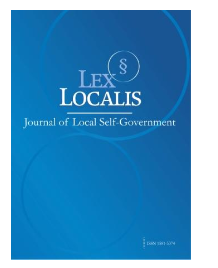EFFECTIVE STRATEGIES FOR REGIONAL BUDGET OPTIMIZATION IN WEST NUSA TENGGARA
DOI:
https://doi.org/10.52152/801821Keywords:
Planning Consistency, Regional Budgeting, Public Financial Management, Expenditure QualityAbstract
This study aims to identify key challenges and develop effective strategies for optimizing regional budgeting in West Nusa Tenggara Province (NTB), Indonesia. The research is grounded in the importance of efficient and accountable public financial management in supporting sustainable development and enhancing community welfare. A mixed-methods approach was employed, utilizing primary data collected through questionnaires and interviews with 15 Regional Work Units (SKPD), as well as secondary data drawn from regional planning documents covering the 2018–2023 period. Analytical methods included Planning and Budgeting Consistency Matrix (MKPP), SWOT analysis, and the Quantitative Strategic Planning Matrix (QSPM).
Findings reveal that the overall quality of regional expenditure in NTB is rated as "good" across most indicators, except for timeliness, which remains a concern. Budget consistency across planning documents was high from 2018 to 2022 but declined significantly in 2023, possibly due to policy shifts or external factors. Persistent budget deficits and heavy reliance on central government transfers were identified as major challenges. The study recommends the adoption of information technology and data analytics to enhance transparency, accountability, and efficiency in regional financial management
This is an open access article under the CC–BY-SA license.
Downloads
Published
Issue
Section
License
Copyright (c) 2025 Lex localis - Journal of Local Self-Government

This work is licensed under a Creative Commons Attribution-NonCommercial-NoDerivatives 4.0 International License.








